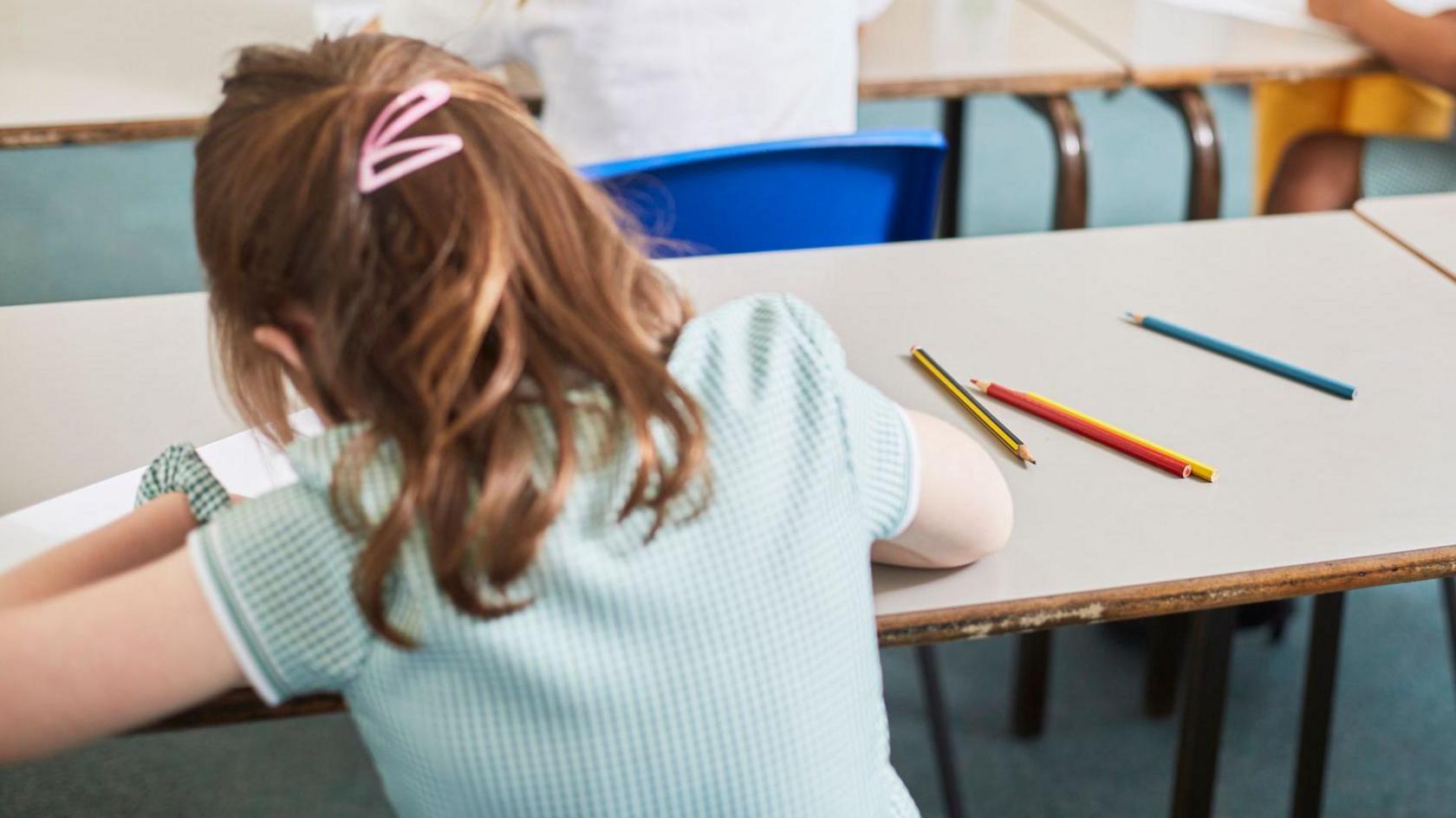6 Online Learning Platforms Revolutionizing Education
1. Khan Academy: Free, world-class education with personalized learning dashboards and progress tracking.
2. Coursera for Kids: University-level courses adapted for younger learners with interactive elements.
3. Outschool: Live online classes taught by passionate educators covering unique and diverse topics.
4. Time4Learning: Comprehensive K-12 curriculum with multimedia lessons and automated grading.
5. IXL Learning: Adaptive questions that adjust to your child's skill level in real-time.
6. Prodigy Math: Game-based learning that makes mathematics engaging and fun for students.




